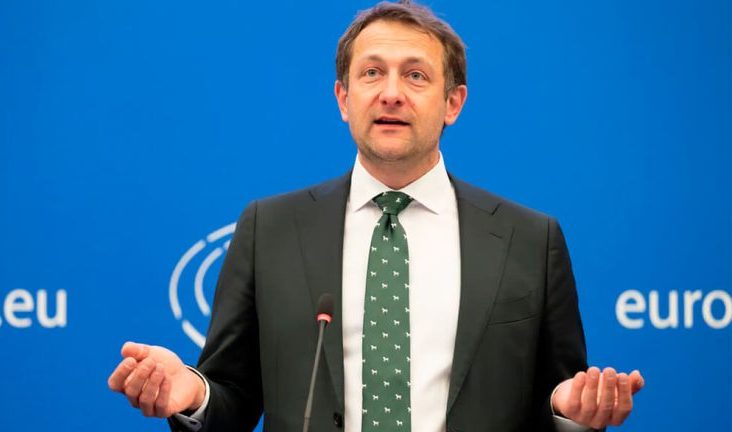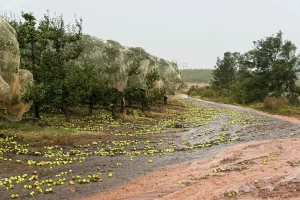“We are going to have to balance both goals: on the one hand, granting flexibility without losing the ‘C’ in the Common Agricultural Policy,” Hansen said after listening to EU agriculture ministers during today’s debate on the post-2027 CAP.
For Hansen, it is “contradictory” that “many” member states are calling for “flexibility” to address the particular characteristics of agricultural structures, production systems and regional differences within each country, while at the same time demanding that “we do not renationalise” the CAP.
The Luxembourgish commissioner acknowledged that “there is still much to discuss,” given the number and length of interventions from ministers, but maintained that there is “a basis on which to continue working,” expressing confidence that the EU will ultimately secure “a better CAP.”
Spain, Italy, France and many other delegations voiced strong criticism of the design and budget proposed for the CAP period 2028–2034.
Letter from 16 Member States
Spanish Agriculture, Fisheries and Food Minister Luis Planas recalled the letter sent a few weeks ago by Spain and 16 other member states to the Commission calling for “first, maintaining the essence and personality of the CAP; second, ensuring sufficient funding; and third, preventing a shift toward national co-financing of actions.”
While he welcomed as “positive” the response the Commission subsequently gave to the European Parliament, he considered it “insufficient,” stressing that Brussels is failing to address several “important” issues, including funding for the agri-food industry, irrigation, innovation, and support for outermost regions.
RELATED NEWS: Brussels endorses political agreement to simplify the CAP
Italy, for its part, said that the Commission’s proposal “betrays expectations” and “seeks to dismantle one of the EU’s most important common policies.” Italian minister Francesco Lollobrigida criticised the financial framework, stating that “European farmers, who are being asked to strengthen sustainability commitments, need certainty — and the Commission’s proposal does not provide it. The resources for agriculture are simply not enough.”
France’s agriculture minister, Annie Genevard, reiterated that France wants a “strong and robust CAP,” including support for outermost regions “in order to guarantee food sovereignty,” adding that “a reduced budget that neither protects farmers’ incomes nor addresses generational renewal is unacceptable.”
Already last September, during the first debate on the Commission’s proposal for the post-2027 CAP, many EU countries expressed discontent over the cuts foreseen for 2028–2034.
Budget debate intensifies
Earlier this month, European Commission President Ursula von der Leyen proposed adjustments to the 2028–2034 budget framework outlined in July, including a new “rural spending” objective for the agricultural sector, in an attempt to overcome the European Parliament’s rejection of the original plan.
Parliament’s opposition focuses largely on the proposal’s most significant innovation: consolidating regional, agricultural, fisheries, migration and border-management funding into a single mega-fund representing nearly one-third of the EU’s €2 trillion budget.
Pro-European parliamentary groups argue that shifting decisions to national level would undermine the added value of the EU budget, and underline that the allocations proposed for the CAP and Cohesion Policy represent a “substantial real-terms reduction” compared with the previous budget cycle.
In response, the Commission has suggested creating a “rural objective” requiring member states to allocate “at least 10%” of their national plans to agriculture, in addition to funding already earmarked for the CAP and the Common Fisheries Policy.
According to the Commission’s proposal, Spain would receive €79.9 billion for regional funds and agricultural support between 2028 and 2034 — nearly 20% less than in the current period.
















